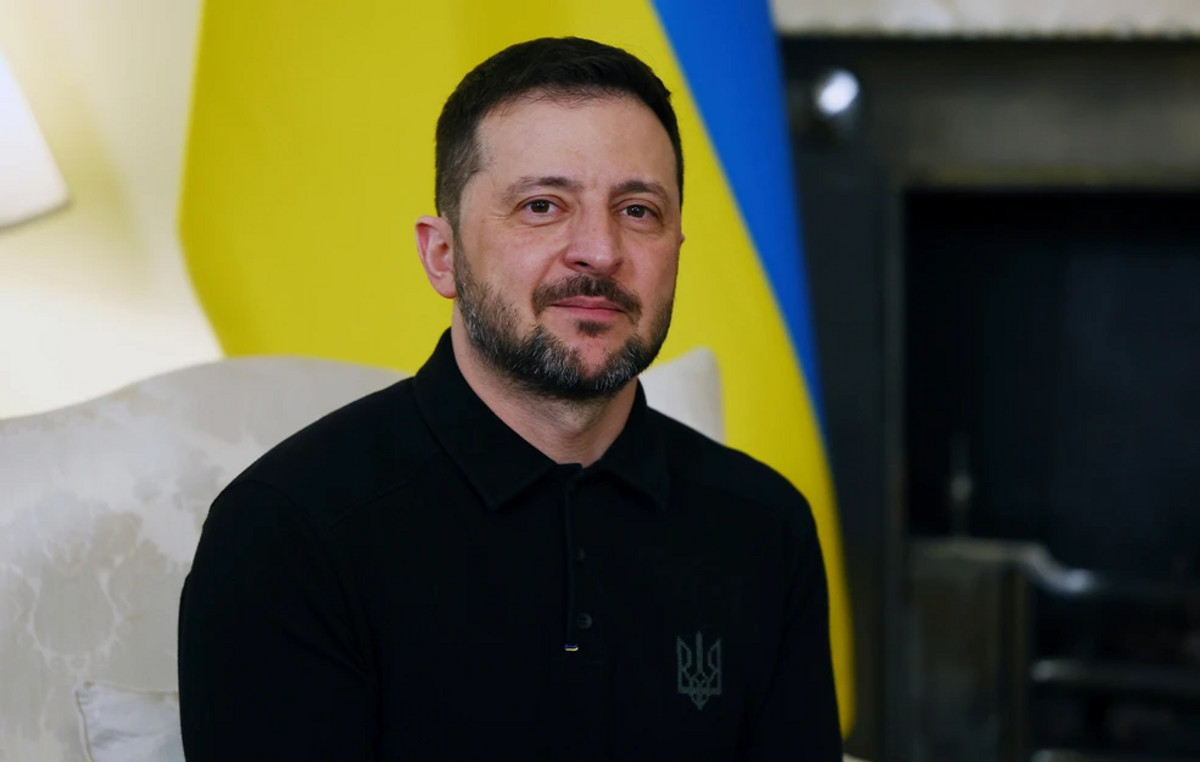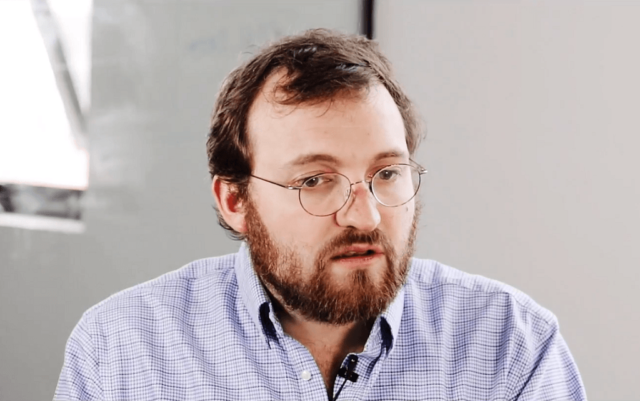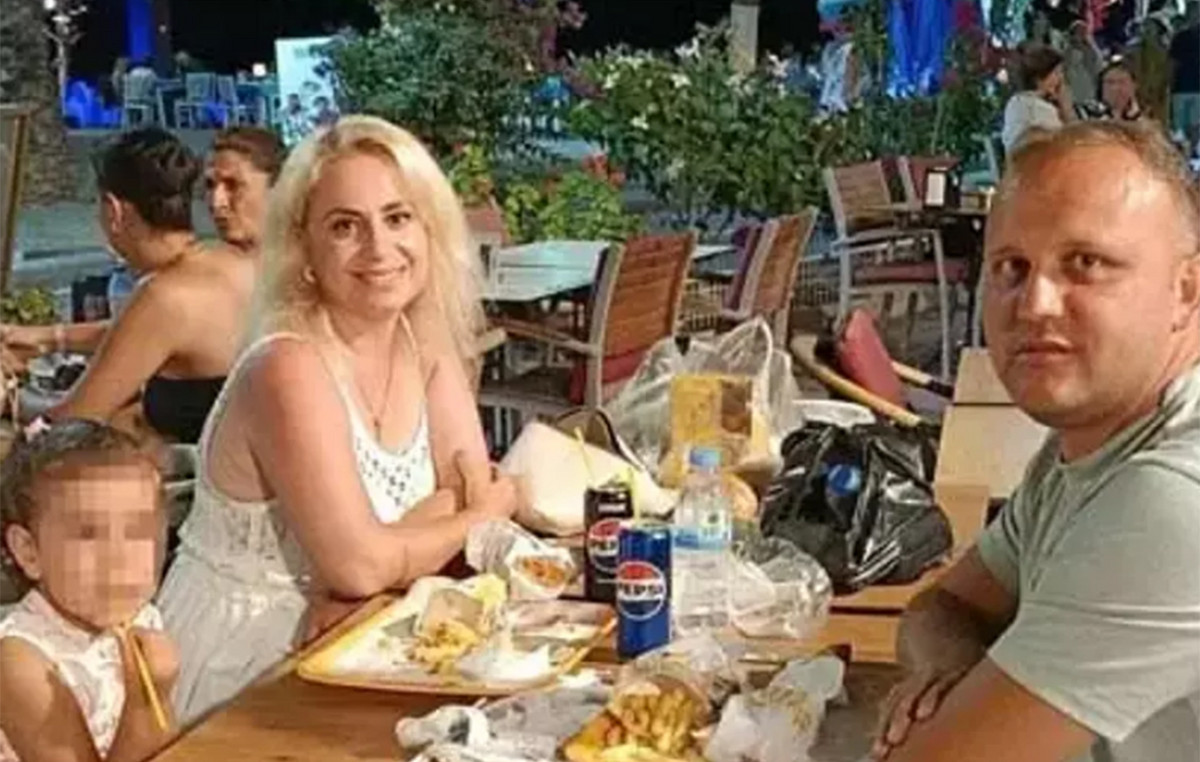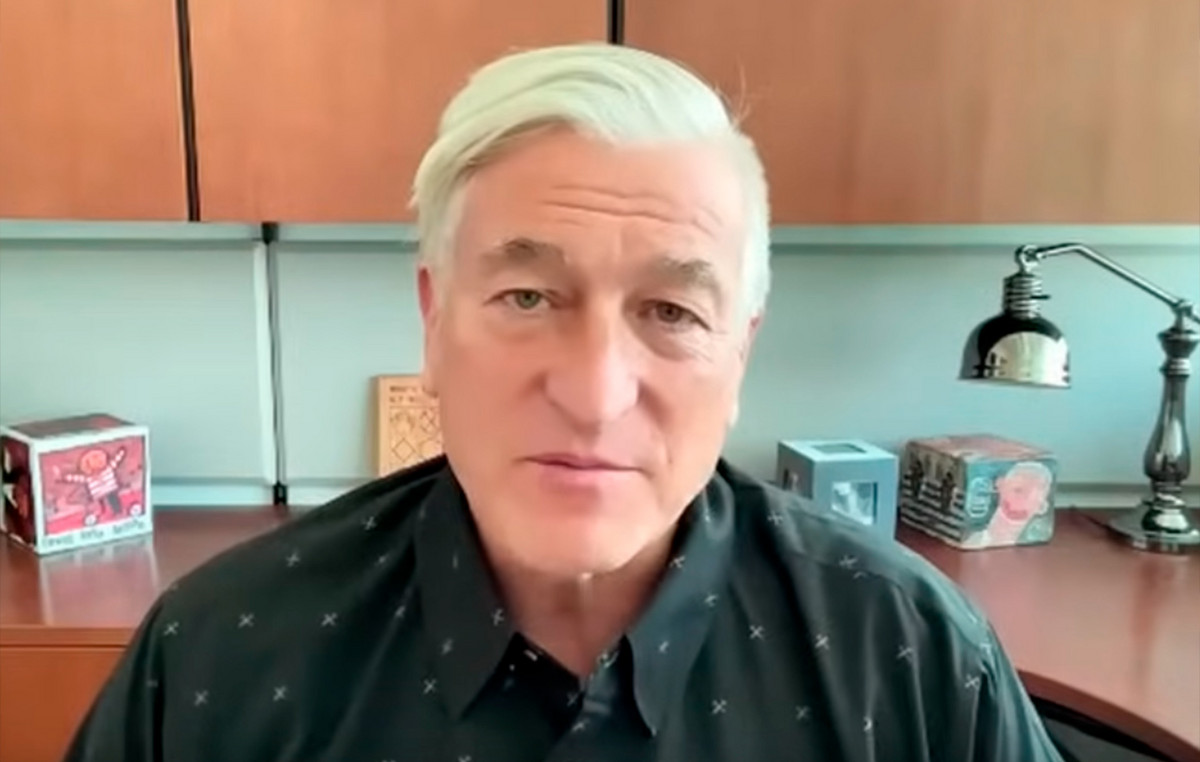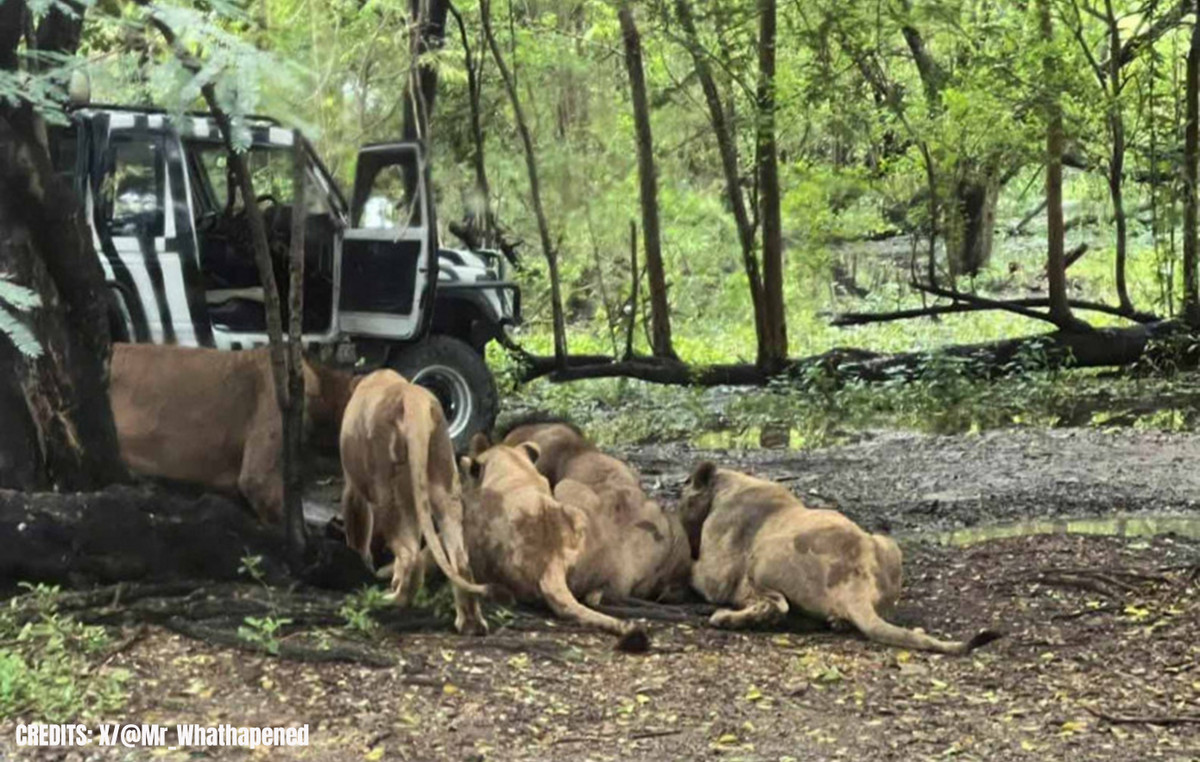The National Electoral Council of Ecuador (CNE) approved this Wednesday the registration of Christian Zurita as the presidential candidate of the Construye Movement. Zurita replaces Fernando Villavicencio, who was killed on August 9 in an armed attack during a campaign event.
The decision was shared by the president of the CNE, Diana Atamaint, through X, formerly known as Twitter: “Unanimously and based on the report submitted for our appreciation, we qualify the presidential candidacy” of Christian Zurita.
For its part, the Construye Movement also published in X the qualification of the candidacy and added: “As Fernando (Villavicencio) said: now it is choosing between the country and the mafia”.
A day earlier, on Tuesday, August 16, Correista’s Revolución Ciudadana movement had contested Zurita’s candidacy. In the document presented to the National Electoral Council (CNE) it was argued that Zurita “is currently affiliated with another political organization”.
However, in its decision, the CNE indicated that it “rejected the challenge presented against the candidacy, because the candidate is not affiliated or adhered to any political organization”. And he added that “as a result, the qualification of the application was approved, after verification of compliance with the requirements”.
However, Zurita spoke to the foreign press on Thursday and said he has the same danger profile as Villavicencio, who, he assured, was killed for what he intended to do and not for what he said.
“Security is due to the fact that I have the same danger profile as Fernando Villavicencio, because threats have always been for everyone. They have already shown us that they can. And he was killed not for what he said, but for what he planned to do. This (government) plan is based above all on what we plan to do. I have been clear and emphatic because it is clearly established in the government’s plan. It is there that it is indicated that there must be a process of purging the National Police in its summits”, said the now presidential candidate of the Construye Movement.
Regarding the contestation of coreism, the Construye Movement previously said in X that it sought to silence them and published a document dated August 13 in which Zurita notified the CNE about a false registration that showed him affiliated with another party, for which he asks the its annulment. .
Zurita also spoke on X at the time and described the challenge as “totally fake”. The candidate reiterated that he is not affiliated with any other political movement. “We await the CNE’s response to confirm our candidacy, in the hope that no more obstacles will arise in our path,” he wrote.
After Villavicencio’s death in an armed attack in northern Quito on August 9, the Ecuadorian party Movimiento Construye, of which he was the assassinated candidate, chose Zurita to replace the assassinated politician, reversing a decision the day before.
In the first instance, the party said that Villavicencio’s vice-presidential candidate, Andrea González Náder, would be the replacement candidate, but after a series of twists and turns, it chose the journalist specializing in corruption, organized crime and drug trafficking for the nomination.
Zurita shared the newsroom with Villavicencio and in recent months had been working on his political campaign until, after the attack that ended his life, he accepted to take his place in the race for the presidency.
Ecuador is scheduled to hold its first round of extraordinary elections on Sunday, August 20th.
Political violence and insecurity haunt Ecuador
The brutal murder of Villavicencio, a candidate openly critical of corruption and a former investigative journalist, has shocked the country ahead of crucial presidential and legislative elections to be held on Sunday. It also drew international attention to the powerful criminal organizations that drive the violence plaguing Ecuador.
The alleged shooter died in police custody, authorities said, while six Colombian nationals were detained in connection with the murder. The suspects are members of organized criminal groups, Ecuador’s Interior Minister Juan Zapata said, citing preliminary evidence.
The root of this political violence is that Ecuador is a transit point on the cocaine route from South America to the United States and Europe, Jan Topic, one of several presidential candidates, told CNN. According to him, gaps in borders facilitate the operation of transnational drug cartels in the country.
The dire situation represents a sea change from a decade ago, when Ecuador was known as a relatively safe country in the region. According to data from the National Police of Ecuador, the homicide rate in 2016 was 5.8 per 100,000 inhabitants.
Last year, it had soared to 25.6, a level similar to Colombia and Mexico, countries with long histories of drug cartel violence.
In addition to Villavicencio, other politicians have been shot this year. This Monday, Pedro Briones, leader of a local leftist party, was shot dead in the province of Esmeraldas, according to the authorities.
Last month, Agustín Intriago, mayor of Ecuador’s sixth-largest city, Manta, suffered the same fate while talking to a young athlete on the street. And in May, elected candidate Walker Vera was assassinated shortly before taking office in the town of Muisne, province of Esmeraldas.
Now, foreign organizations such as Mexican cartels, Brazilian urban gangs and even the Albanian mafia are collaborating with Ecuadorian criminal groups, fueling the conflict, according to analysts.
A report published in March by the United Nations Office on Drugs and Crime stated that “Balkan traffickers and members of Italian criminal groups have settled in Ecuador to establish supply lines to European markets”.
Fighting crime has been high on the political agenda ahead of this year’s snap elections, and even more so since Villavicencio’s murder. Over the past week, political candidates have been quick to insist on their approach to the problem.
—Reporting by CNN’s Marlon Sorto and Rafael Romo.
Source: CNN Brasil
Bruce Belcher is a seasoned author with over 5 years of experience in world news. He writes for online news websites and provides in-depth analysis on the world stock market. Bruce is known for his insightful perspectives and commitment to keeping the public informed.


